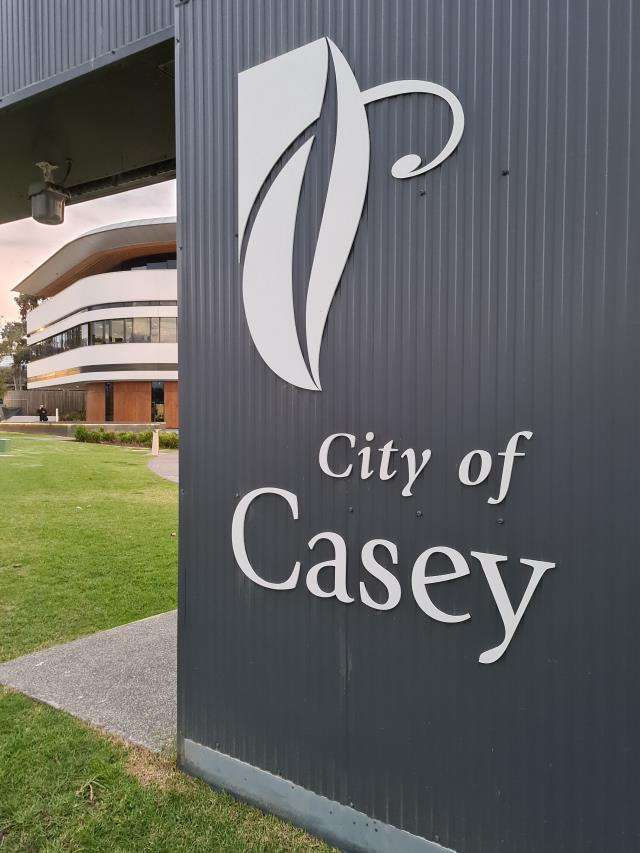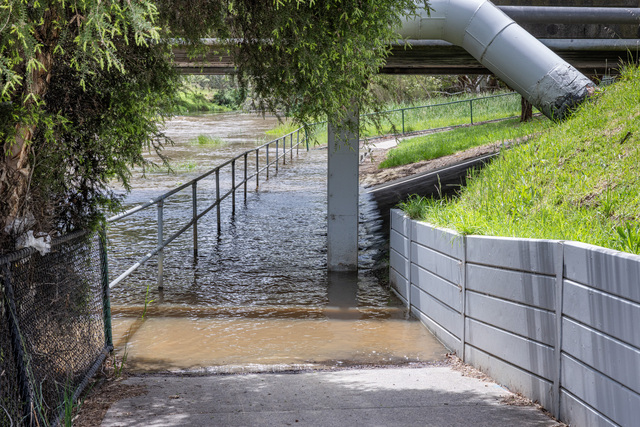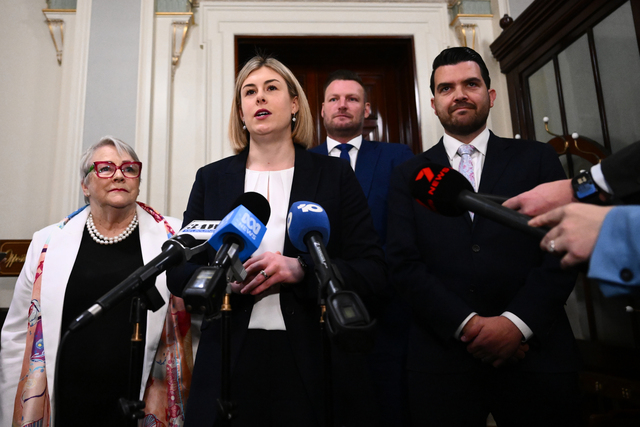City of Casey said its penalty rates freeze in 2020-’21 resulted in a loss of $1.5 million budgeted revenue for the council.
During the 2020/21 financial year, Council elected not to charge penalty interest on outstanding rates in order to assist ratepayers experiencing financial hardship due to the pandemic.
It comes in response to last week’s announcement by Local Government Minister Shaun Leane, who said that proposed legislation would mean councils will only be able to sue for struggling ratepayers’ homes as a last resort.
Under the financial hardship laws introduced to Parliament on 8 June, councils would be required to engage early with financially-struggling ratepayers and would not be able to use debt collectors.
Councils would also be barred from pursuing legal action to sell off ratepayer homes to pay back debts, unless ratepayers refused to cooperate and it was a last resort.
The bill was issued in response to a State Ombudsmans’ report into council’s ratepayer hardship policies, which found some councils were “too quick to sue” ratepayers for unpaid fees.
In September 2021, Casey Council adopted an updated Rate Payment and Financial Hardship Policy, which recognised the financial hardship born out of the pandemic and endorsed a rate freeze on outstanding rates until 31 December 2021.
“Prior to the decision to stop charging interest rates in response to the pandemic, Council had already granted $22,734.82 in waivers to 1,137 accounts in 2020/21,” City of Casey acting chief financial officer, Charles Nganga added.
“We appreciate that many people may face challenges in paying their rates and we work hard to support ratepayers by providing flexibility to affected customers where possible.”
In other proposed changes in the legislation, a maximum amount of interest on unpaid rates and charges would be set by the Local Government Minister, in consultation with the Essential Services Commission.
The Ombudsman had observed councils charging ratepayers hundreds or thousands of dollars in interest charges.
“In some cases, the interest charges have built over time and now make up anywhere from a quarter to nearly 50 per cent of the ratepayer’s total debt.”
Currently, Casey charges 10 per cent interest – “as per the Penalty Interest Act 1983”, Mr Nganga said.

















